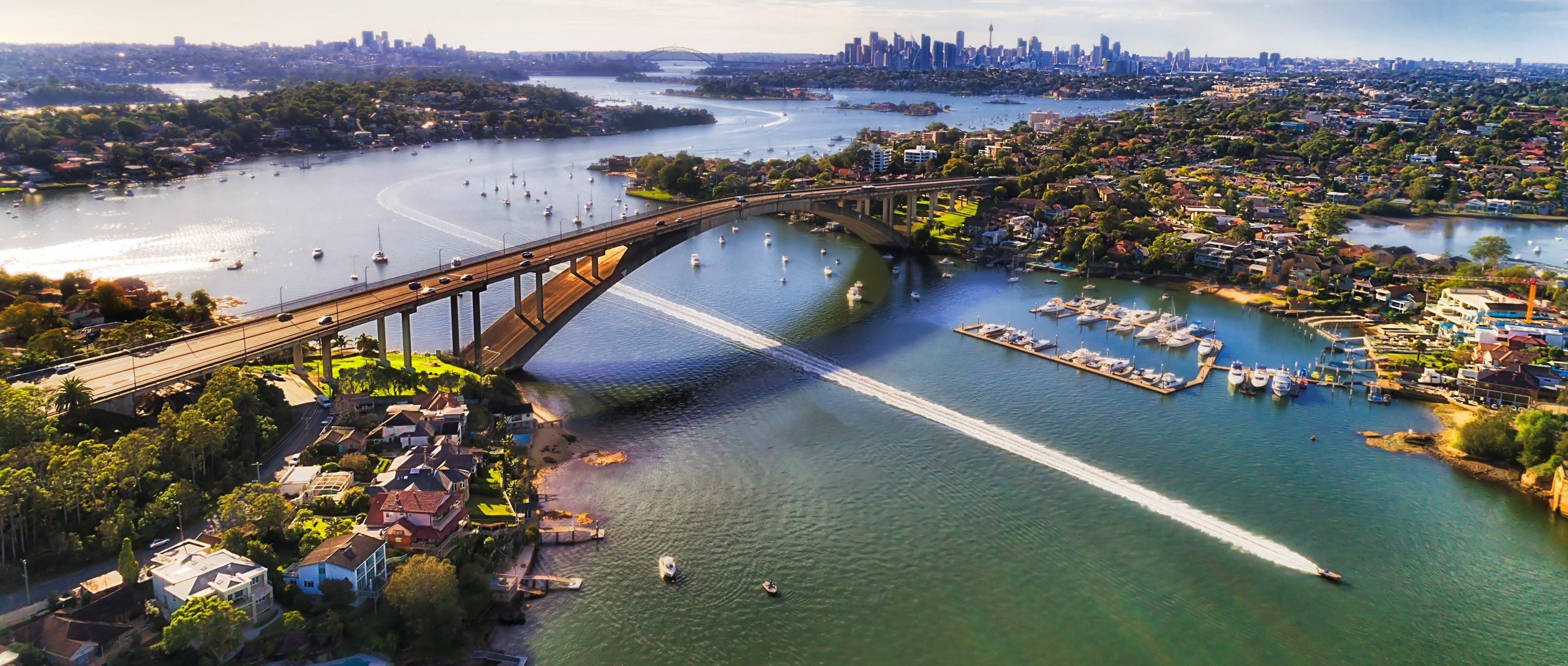Discovering Sydney: A Vibrant Metropolis with a High Cost of Living
Sydney, Australia’s largest and most populous city, is a beacon of economic and cultural vibrancy. Nestled along the nation’s east coast, this dynamic city boasts an alluring mix of scenic beaches, lush parks and gardens, rich cultural attractions, and a bustling business sector. Its diverse and energetic atmosphere makes Sydney an enticing destination for living and working.
However, the allure of Sydney comes with a significant price tag. The cost of living in this metropolis is notably high, reflecting its status as a significant global city. Prospective residents should thoroughly research and prepare for the financial aspects of Sydney life. This includes understanding the estimated monthly expenses for essential items such as housing, food, transportation, and utilities.
For those considering a move to Sydney, it’s crucial to investigate the average monthly rent, which can vary widely depending on the area and type of accommodation. Additionally, assessing the overall living costs for individuals and families will provide a clearer picture of the financial commitment required. This preparation is key to enjoying Sydney’s vibrant life without unexpected financial strain.
Sydney’s blend of natural beauty, cultural richness, and economic opportunities makes it an attractive, albeit expensive, place to call home. Living in Sydney can be a rewarding and enriching experience with proper planning and budgeting.
Monthly Rent Cost In Sydney
Sydney, a city renowned for its vibrant energy and cultural richness, is also known as Australia’s most expensive city in terms of living expenses. The rental market here is diverse, with costs varying significantly based on location, property size, and age.
In 2023, the rental scene in Sydney reflects a dynamic and competitive market. In premium areas like the Eastern Suburbs and Lower North Shore, the weekly rent for a house can soar to around $1,500. For flats in these sought-after regions, renters can expect to pay between $700 and $1,200 weekly. These higher rents are influenced by the classic economic forces of supply and demand, fueled by a rising population and desirable suburb developments.
The Western Suburbs, South-Western Sydney, and Outer-Western Sydney offer more reasonable rents for those seeking more budget-friendly options. Here, the typical median weekly rent for a home is about $400, while for a flat, it ranges from $350 to $500 per week.
The factors affecting rental prices in Sydney are multifaceted. Proximity to amenities like public transport, schools, and shopping areas can influence rental costs. The specific characteristics of a property, including its size, age, and condition, also play a significant role in determining its rental value.
The rental market in Sydney in 2023 has been particularly challenging due to a lower vacancy rate compared to other cities like Melbourne, indicating a tighter market for tenants. This situation has been exacerbated by the increasing influx of international students, especially near educational institutions, heightening the demand for rental accommodation, particularly for one-bedroom apartments.
For prospective renters in Sydney, navigating this complex market with a clear understanding of these dynamics is essential. By thoroughly researching and considering various factors, finding a suitable rental within your budget in Sydney is still possible despite the competitive landscape.

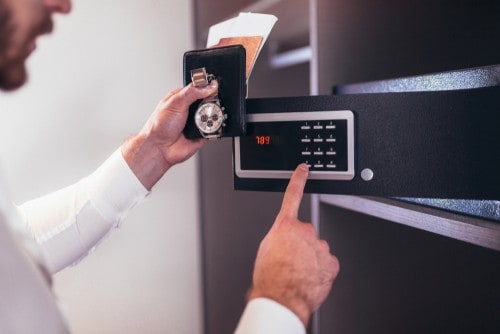
Groceries and Entertainment Monthly Costs
Sydney, known for its lively atmosphere and stunning landscapes, also has a significant cost of living. In 2023, a single person’s average monthly cost of living in Sydney is more than $4,100, while a family of four may experience higher monthly expenses.
Breaking down these costs, we see that housing and utilities are the most significant expenses. The average monthly rent for 85 m2 furnished accommodation in an expensive area of Sydney is around AU$4,023, while in a typical area, it’s approximately AU$3,923. Utilities for two people in an 85m2 flat can cost around AU$213 per month.
Transportation costs also add up, with public transport tickets costing around AU$193 per month. For those who prefer driving, gasoline is about AU$2.18 per litre.
Regarding food and drink, dining out in Sydney’s business district for lunch, including a drink, costs around AU$23. Basic groceries like 500 gr of boneless chicken breast and 1 kg of tomatoes are priced at AU$7 and AU$6, respectively. For those who enjoy cooking at home, a litre of whole-fat milk costs approximately AU$2.04, and a loaf of bread for two people daily is around AU$2.94.
Entertainment expenses in Sydney, such as dining out at a neighbourhood pub or movies, can vary. A basic dinner for two in a neighbourhood pub is about AU$ 68, while two movie tickets cost around AU$ 45 on average.
While Sydney offers a vibrant and enriching lifestyle, residents and potential movers must budget wisely and consider the varying costs in different city areas to manage their expenses effectively.
Estimated Monthly Costs for Water and Utility
Living in Sydney, particularly regarding utilities and other household expenses, can be a substantial part of your budget. In 2023, for an 85m2 apartment, the essential utilities, which include electricity, heating, cooling, water, and garbage, typically cost around AU$183 per month for two people. This figure can vary depending on individual lifestyle choices and usage habits.
Internet service, an essential utility in today’s connected world, costs about AU$70 per month for a speed pack with an average evening download speed of 50 Mbps and upload speeds of 20 Mbps with unlimited data. This standard rate can vary slightly based on the service provider and the specific plan you choose.
For mobile phone usage, the cost can vary significantly based on the type of plan and usage. Most mobile plans offer unlimited free local calls with an average cost of AU $30 monthly.
It’s essential to remember that Sydney ranks as one of the most expensive cities in the world. While utilities and internet are significant expenses, most of your budget will likely go towards housing. Groceries and other daily expenses also contribute to the overall cost of living. Efficient budgeting and understanding of your monthly expenses are vital to managing life in this vibrant city.
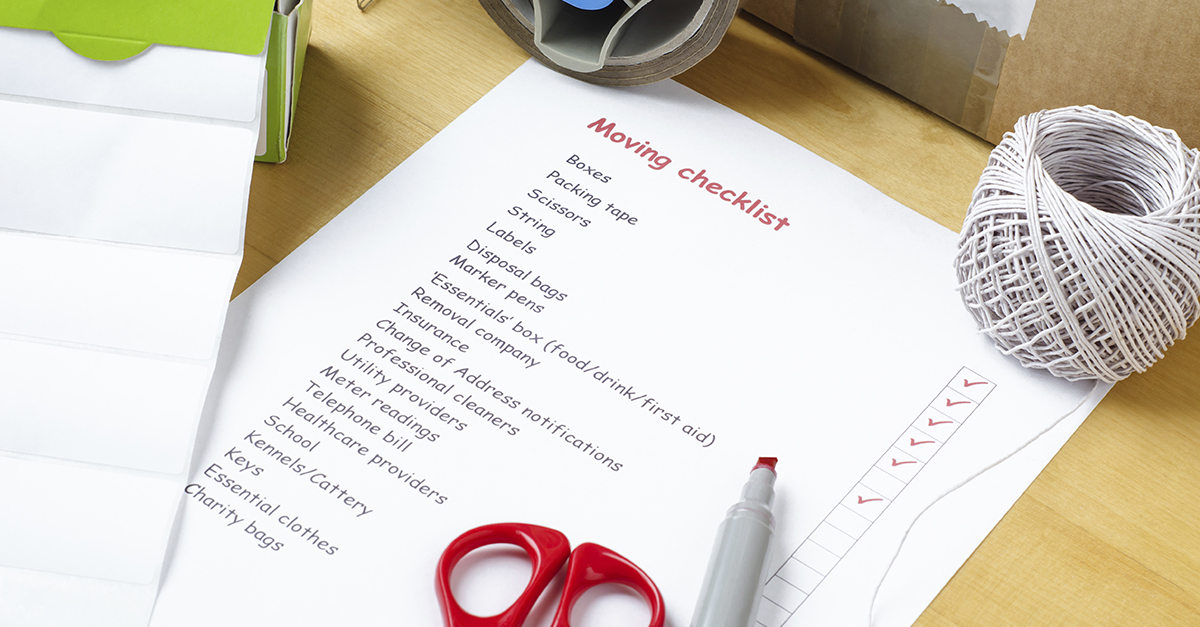

Sydney Average Cost for Transportation
Commuting in Sydney in 2023 involves various options, each with its cost structure. An Opal card is standard for public transport, including trains, buses, ferries, and light rail. Fares vary depending on the distance travelled and the time of day, with off-peak times offering a 30% discount. Here’s a breakdown of some typical costs:
- Opal Card Train Fares: The cost ranges from AU$4.00 to AU$9.84 for a peak single trip, depending on the distance. Off-peak fares are lower, ranging from AU$2.65 to AU$6.51.
- Opal Card Bus Fares: These vary from AU$3.20 to AU$5.33 based on distance.
- Daily and Weekly Caps: The Opal card system has daily and weekly fare caps. The daily cap from Monday to Friday is AU$17.80, while on weekends and holidays, it’s AU$8.90. The weekly cap is set at AU$50.00.
- Sydney Airport to CBD Fare: Traveling from Sydney Airport’s Domestic or International Station to the CBD during peak hours costs around AU$20.68 with an Opal card or contactless payment.
For those who prefer private transport, taxis in Sydney offer different rates. The starting tariff is typically around AU$5.00, plus AU$2.80 per kilometre travelled. Waiting time can cost about AU$60.00 per hour. If you’re driving, the average price of gasoline in Sydney is around AU$2.04 per litre.
Considering these costs when planning your travel around Sydney is essential, as they can vary based on your specific travel needs and lifestyle choices.
Life in Sydney: A High Quality of Life
Sydney is often ranked as one of the best cities in the world, and it’s easy to see why. With a Quality of Life Index rated at an impressive 173.44 – classified as ‘Very High’ – Sydney has a great combination of solid job opportunities, low cost of living and unique cultural attractions. Whether you are looking for a great place to start a business, raise a family or explore new places, Sydney will surely exceed your expectations.

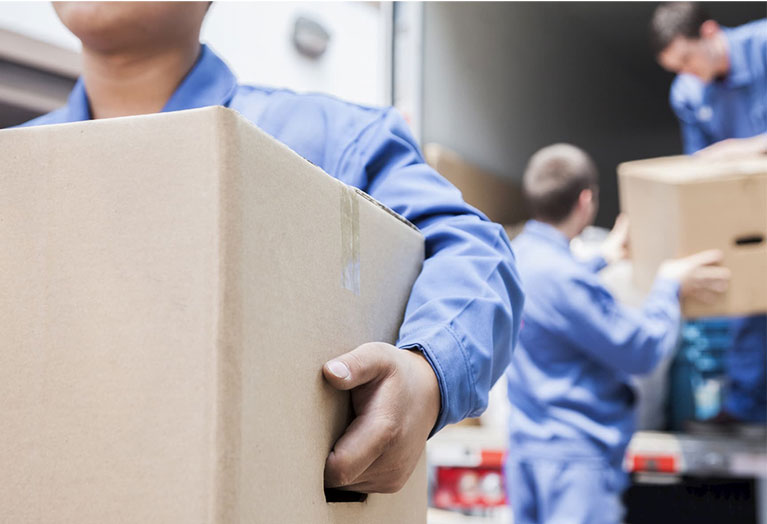
Excellent Health Care in Sydney
Sydney’s healthcare system is known for its high quality, with well-trained medical professionals and access to advanced treatments and technologies. Public health services are generally more affordable, as the government subsidizes them. However, private health services may offer more comprehensive coverage, albeit at a higher cost. The city has a wide range of specialized health services, such as cardiology, oncology, and psychiatry, accessible both in the public and private sectors. The overall cost of healthcare varies, with additional expenses like travel and parking fees also to be considered. Mental health services are widely available and generally accessible, with options in both public and private sectors.
Options for Every Budget
The Sydney housing market in 2023 presents varied options for both renters and buyers, adapting to different budgets and preferences.
For renters, the scenario is dynamic. The median weekly rent in Sydney for a one-bedroom apartment in the city centre was about $956.47 in July 2023, showing a significant increase year-on-year. This trend reflects Sydney’s status as a popular destination, leading to a tighter rental market with low vacancy rates and high demand. Renters seeking more affordable options may look to suburbs further from the city centre, where rents are comparatively lower.
In terms of purchasing property, Sydney’s market has experienced fluctuations. After a period of decline, property prices have been resurgent, with forecasts from major banks predicting growth for 2023 and 2024. Prices for apartments have remained relatively stable compared to houses, with some suburbs offering median unit prices under $800,000. These figures indicate a recovering market responding to the balance of supply and demand, interest rates, and economic factors.
The average net salary in Sydney is relatively high, which assists residents in affording their housing costs, whether renting or buying. Additionally, mortgage interest rates have been a key factor in the housing market. While rates have increased from the historic lows seen in recent years, they are expected to stabilize and potentially decrease in the coming years, making homeownership more accessible for many.
Overall, Sydney’s housing market is complex and influenced by various factors, including economic conditions, population growth, and changing lifestyle preferences. For those looking to move to Sydney, it’s crucial to consider these dynamics and how they impact rental and purchase prices.
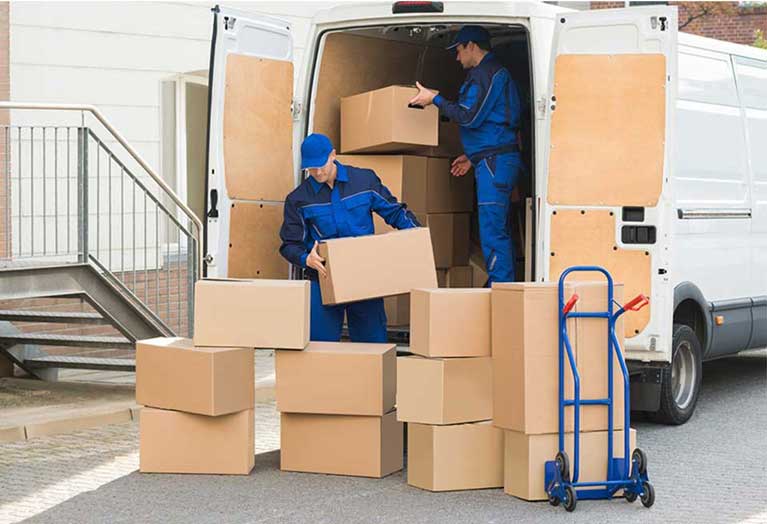

There's no Place Like Sydney – Reasons to Move and Live Here
Despite the potentially high cost of living in Sydney, there are still many reasons why people choose to move and live here. For one thing, Sydney is a city that never stops buzzing with activity. Whether it’s day or night, residents can find something interesting going on in this vibrant city!
The city is also full of incredible culture, food, and entertainment. Some of the best restaurants in Australia are here, as well as world-class galleries and museums. This makes Sydney a great place to explore and learn about new cultures.
Sydney is also one of the most beautiful cities, with its stunning beaches, harbour views and lush green parks. And with dozens of festivals and events to attend, there’s always something to do in this city that never sleeps.
Sydney Unveiled: Balancing Safety, Opportunity, and Living Costs
Sydney, known for its vibrant lifestyle and dynamic economy, offers its residents a unique blend of safety, career opportunities, and a high standard of living. The city boasts one of the world’s lowest crime rates, providing a safe and secure environment for locals and visitors to explore its many attractions.
Financially, Sydney stands out with its strong job market and appealing salary prospects. The average net salary after tax is around AU$ 6,390.75 per month, comfortably supporting renting and home ownership in the city. A robust economy with diverse employment opportunities in finance, technology, healthcare, and hospitality underpins this financial stability.
When considering a move to Sydney, balancing the cost of living with these numerous benefits is essential. The city’s high salaries and vast job opportunities contribute to a quality of life that is hard to match. For those considering relocating, Sydney promises a fulfilling career and a lifestyle enriched with cultural diversity, recreational activities, and a welcoming community.
Despite the higher cost of living, Sydney’s allure as a place of opportunity and lifestyle remains undiminished. The city continues to attract those seeking to advance their careers and enjoy a vibrant urban life. Sydney offers a compelling mix of professional growth and personal fulfilment, making it an attractive destination for those ready to embrace new challenges and experiences.
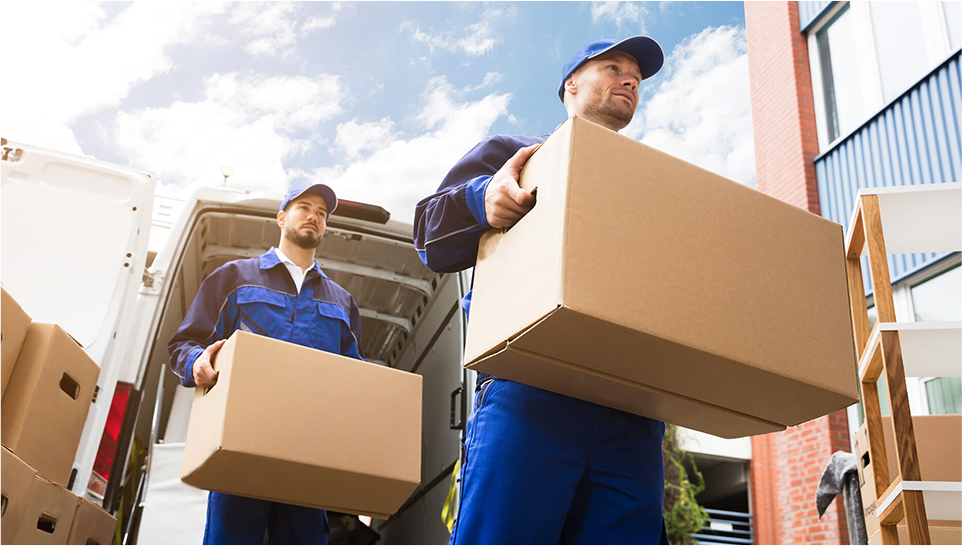
Conclusion
Sydney’s cost of living may be high for some, but the great job opportunities and quality of life it provides make up for its higher costs! With endless possibilities in the city, it could be one of the best decisions you ever make.
So, if you’re looking for a vibrant and exciting city to call home, you should consider moving to and permanently living in Sydney. If you want to start planning your relocation soon, call our team of professional Sydney removalists at 1800 4914 66. They’ll give you excellent service and super affordable rates.
Royal Sydney Removals Services
- Importance of Interstate Moving Insurance
- Ensuring the Safe Transport of Your Belongings
- Choosing the Right Interstate Moving Company
- Choose the Right Interstate Moving Truck Size
- Property Maintenance and Handyman Services When You Move
- Tips When Looking for Self-Storage Options
- Best Places to Live in Sydney
- Moving Checklist
- Interstate vs. Local Moving: What’s the Difference?

